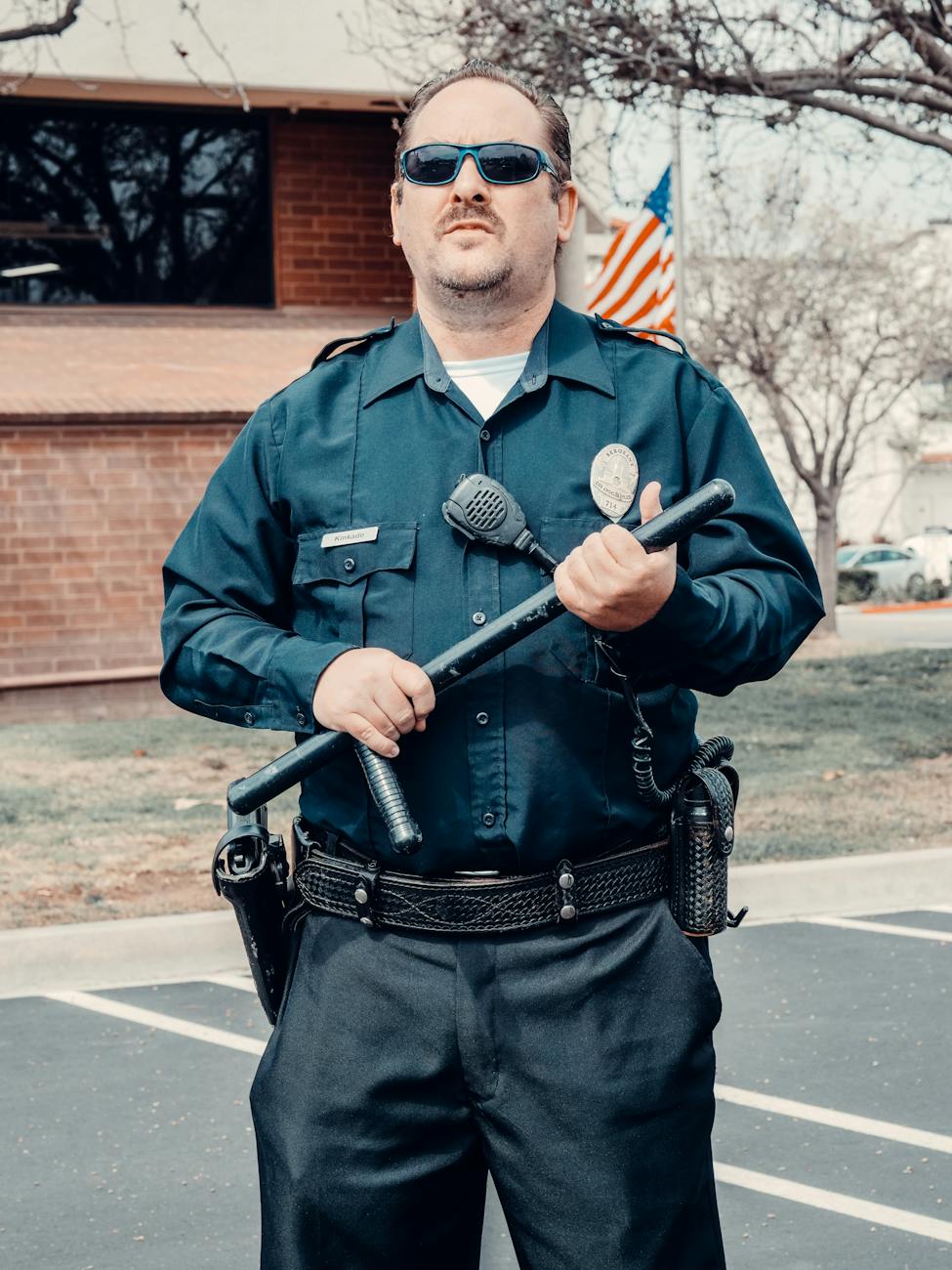
The Role of a Security Safety Officer
The Role of a Security Safety Officer : Security safety officers play a pivotal role in safeguarding individuals, properties, and assets across diverse industries. Their responsibilities extend beyond traditional security measures, encompassing a wide array of crucial duties that ensure a secure environment for all stakeholders involved.
Introduction to Security Safety Officers
In today’s dynamic world, security safety officers serve as guardians of safety, utilizing their expertise to mitigate risks and maintain order. Whether in corporate settings, educational institutions, healthcare facilities, or public spaces, these professionals are integral to the smooth functioning of operations while ensuring a secure atmosphere.
Responsibilities of a Security Safety Officer
One of the primary responsibilities of a security safety officer is to create and maintain a safe environment. They conduct regular patrols, monitor surveillance systems, and respond promptly to any security breaches. Reporting incidents and implementing appropriate security measures are fundamental aspects of their role.
Skills Required for the Role
Effective communication, both verbal and written, is a cornerstone skill for security safety officers. Alongside this, problem-solving abilities and a comprehensive understanding of security protocols are vital to navigate complex situations effectively.
Training and Qualifications
Adequate education, such as a degree in criminal justice or a related field, lays the foundation for aspiring security safety officers. Additionally, certifications and specialized training programs enhance their skills and knowledge, preparing them for the challenges they may face.
Role in Emergency Situations
In crises and emergencies, these officers demonstrate their expertise by swiftly and decisively handling situations. Coordinating with emergency services and guiding individuals to safety are critical aspects of their duties.
Importance of Adaptability in the Role
The evolving nature of threats demands adaptability from security safety officers. Embracing technological advancements and staying updated with new security measures are vital to effectively address emerging risks.
Collaboration with Other Departments
Working in tandem with law enforcement agencies, human resources, and management is crucial for comprehensive security planning and implementation. This collaborative approach ensures a cohesive and well-rounded security strategy.
Challenges Faced by Security Safety Officers
Balancing preventive measures with daily operations and addressing a multitude of security concerns pose constant challenges. Their ability to prioritize and manage diverse risks is a testament to their expertise.
Career Growth and Opportunities
For those in the field, there are ample opportunities for advancement and specialization. Advanced certifications and experience often open doors to higher positions within security management.
The Impact of Security Safety Officers on Organizations
Security safety officers contribute significantly to fostering a robust safety culture within organizations. Their vigilance and proactive measures mitigate risks, reducing potential liabilities.
A security safety officer plays a crucial role in maintaining a safe and secure environment within an organization or at a specific location. Their primary responsibilities include:- Security Monitoring: They monitor security cameras, alarms, and access points to detect and prevent unauthorized access or suspicious activities.
- Patrolling: Officers conduct regular patrols to ensure all areas are secure, checking for any signs of intrusion, theft, or hazards.
- Emergency Response: In the event of emergencies such as fires, accidents, or security breaches, officers act quickly to mitigate risks, evacuate if necessary, and coordinate with emergency services.
- Enforcement of Policies: They enforce security policies and regulations, ensuring that individuals within the premises comply with safety protocols and guidelines.
- Reporting and Documentation: Officers maintain detailed records of security incidents, create reports, and provide documentation for incidents and procedures.
- Customer Service: They often serve as the first point of contact for visitors, providing assistance, information, and directions while maintaining a professional and approachable demeanor.
- Risk Assessment: Officers assess potential security risks and vulnerabilities, implementing strategies to minimize these risks effectively.
- Collaboration: They work closely with other security personnel, law enforcement agencies, and management to enhance overall security measures and responses.
Overall, security safety officers play a vital role in safeguarding people, property, and assets, ensuring a secure and protected environment for all.Conclusion
In conclusion, the role of a security safety officer goes beyond safeguarding physical assets; it encompasses ensuring the well-being and security of individuals within various environments. Their expertise, coupled with a commitment to safety, makes them indispensable in today’s world.
What Is Safety Officer Salary?
National Construction Safety Officer (NCSO)
Construction Safety Officer (CSO)
FAQs About Security Safety Officers
- What are the key responsibilities of a security safety officer? Security safety officers are responsible for maintaining a safe environment, monitoring incidents, implementing security measures, and handling emergencies.
- What qualifications are required to become a security safety officer? A degree in criminal justice or a related field, coupled with certifications and specialized training programs, is beneficial for aspiring security safety officers.
- How do security safety officers contribute to organizational safety? They enhance safety culture, mitigate risks, and coordinate comprehensive security strategies within organizations.
- What challenges do security safety officers face in their role? Balancing preventive measures with daily operations and addressing diverse security concerns are among the challenges they encounter.
- What is the future outlook for security safety officers? With evolving threats and technological advancements, security safety officers are expected to adapt and play an increasingly crucial role in ensuring safety.





















